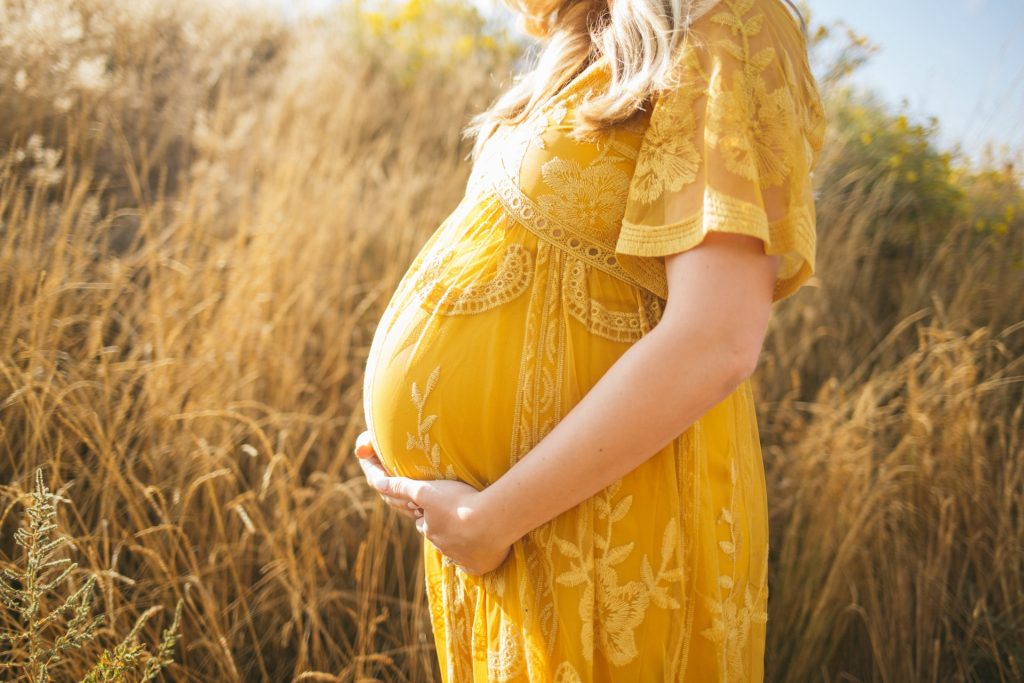Surrogates Have an Increased Risk of a Mental Illness Diagnosis

People who are gestational carriers (or “surrogates”) appear more likely to be diagnosed with a new mental illness during and after pregnancy, according to new research from ICES, McGill University, and the Research Institute of the McGill University Health Centre.
As the number of births by surrogacy increases, this is the first large study using Ontario-based health data to explore the mental health challenges faced by some surrogates.
Despite guidelines requiring mental health screening, the researchers found that nearly 1 in 5 gestational carriers had a prior mental illness diagnosis before pregnancy—including some with serious conditions that may have made them ineligible to carry a pregnancy for someone else.
“Our findings underscore the importance of adequate screening and counselling of potential gestational carriers before pregnancy about the possibility of a new-onset mental illness, or exacerbation of a prior mental-illness during or after pregnancy,” says lead author Dr. Maria Velez, an adjunct scientist at ICES, associate professor at McGill University, and scientist at the Research Institute of the McGill University Health Centre.
The study, published in JAMA Network Open, included 767 406 births at more than 20 week’s gestation in Ontario, Canada between 2012 and 2021 among women without known mental illness before pregnancy. Comparison groups included 97.6% (748,732) who were conceived without assistance, 2.3% (17,916) by IVF and 0.1% (758) using gestational carriers.
Gestational carriers were more likely to have previously given birth, resided in a lower-income area, and had higher rates of obesity and chronic hypertension.
Adequate mental health support needed
The incidence rate per 100 person-years of new-onset mental illness was 5.2 among non-gestational carriers with unassisted conception, 5.0 among non-gestational carriers who conceived by IVF, and 6.9 among gestational carriers.
The findings were even more pronounced for mental illness that was newly diagnosed through an emergency department encounter or a hospitalisation, compared to an outpatient mental illness diagnosis.
“Unfortunately, fewer than half of those who visit the emergency room for mental health concerns after childbirth receive timely follow-up care which leaves many, especially gestational carriers, at risk during a vulnerable period,” says Velez.
The authors say that they hope this study will inform future guidelines that ensure adequate mental health support for gestational carriers during and after pregnancy.
Source: ICES


